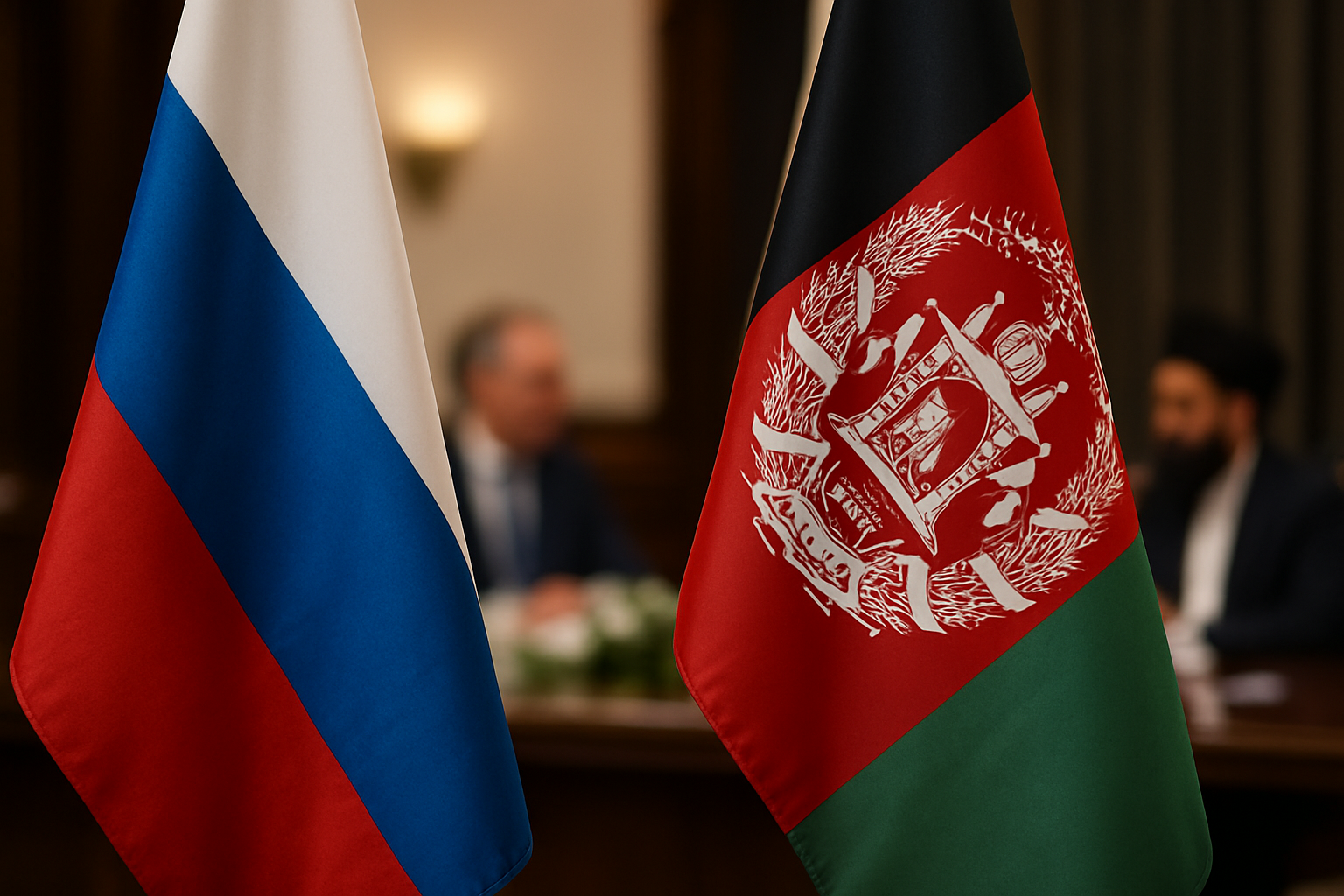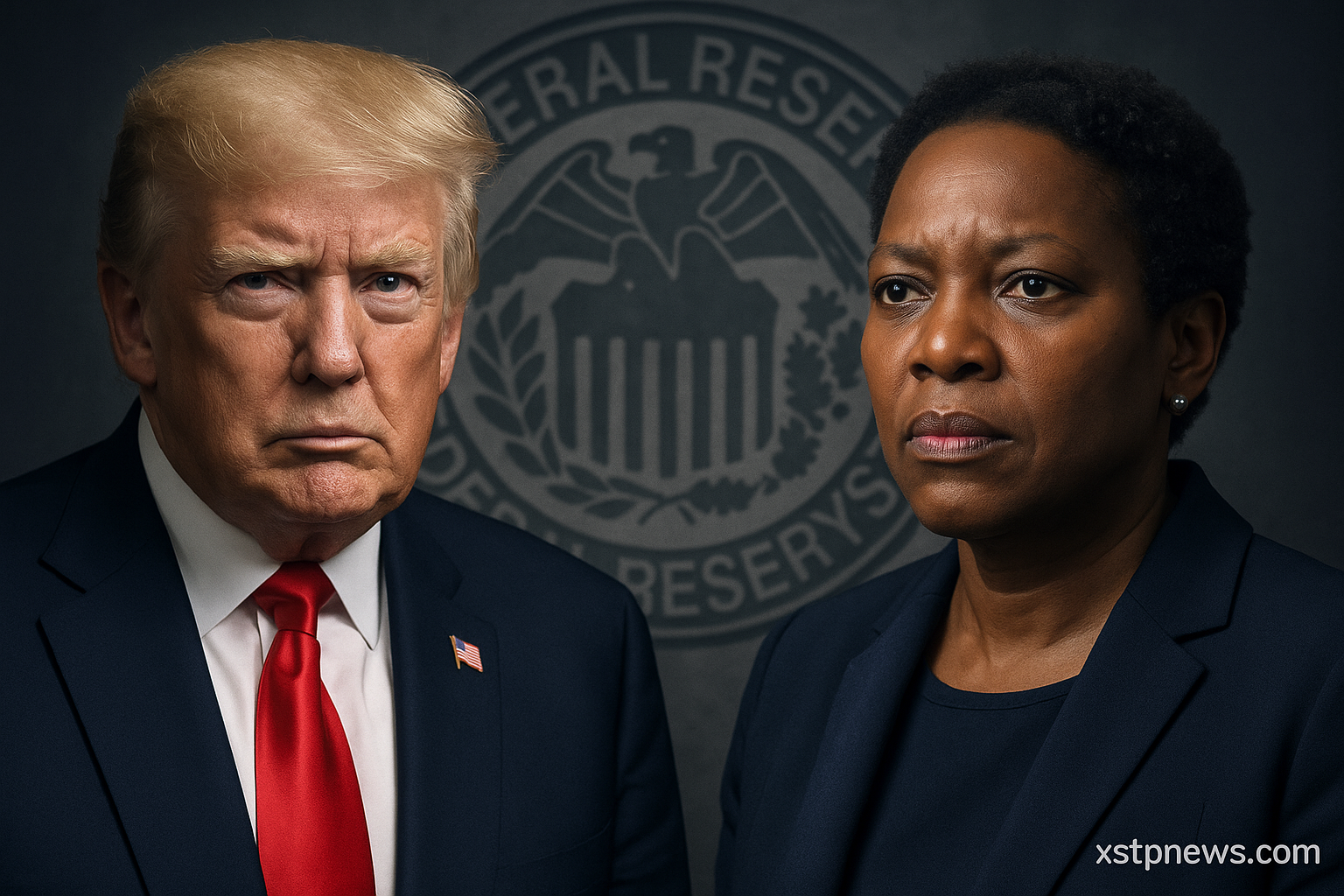Russia has become the first country to formally recognize the Taliban’s Islamic Emirate of Afghanistan, ending years of diplomatic ambiguity and signaling a major shift in Central Asian geopolitics.
A historic step in Kabul-Moscow relations
On July 3, 2025, Russia’s Foreign Ministry accepted credentials from Gul Hassan Hassan, the Taliban-appointed ambassador to Moscow. This official act moves Russia beyond quiet engagement and into full diplomatic recognition.
Afghanistan’s acting Foreign Minister, Amir Khan Muttaqi, hailed Russia’s move as “a courageous step that will serve as an example for others,” hoping it breaks the international stalemate that has left Afghanistan isolated since the Taliban seized power in 2021.
Why did Russia take this decision?
The Kremlin framed the move as a pragmatic decision to advance mutual interests in:
- Counter-terrorism operations, especially against ISIS-K threats.
- Trade and infrastructure, including potential joint energy and transport projects.
- Regional stability, seeking to minimize Western influence while securing Russia’s southern flank.
Russia had already removed the Taliban from its official list of banned terrorist organizations in 2023 and maintained an embassy in Kabul throughout recent years, signaling a calculated diplomatic strategy.
Global implications of Moscow’s recognition
Russia’s formal recognition could encourage China, Pakistan, or Gulf states to follow suit, gradually breaking the Taliban’s international isolation. However, human rights groups warn it risks sidelining accountability for Taliban policies on women’s rights and political inclusivity.
Geopolitical analysts see this as part of Moscow’s wider effort to fill power vacuums left by the U.S. withdrawal, counter NATO influence in Eurasia, and secure long-term economic and security deals in Afghanistan.







